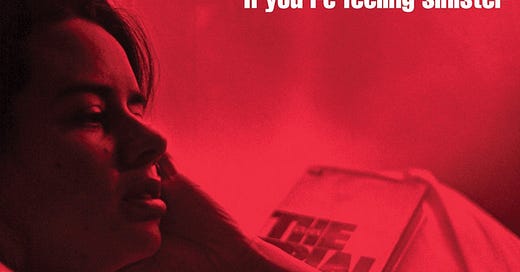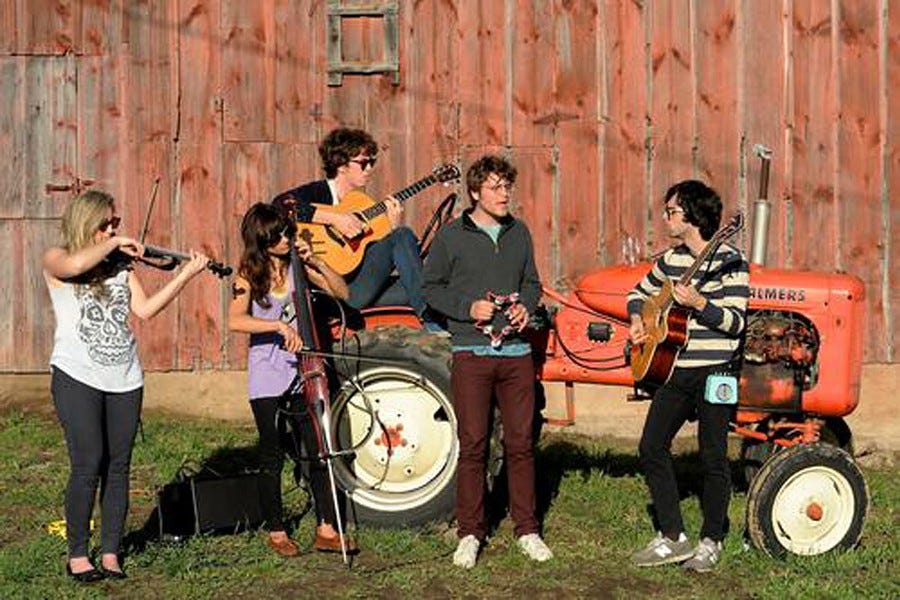Genre of the Day - Chamber Pop
Album of the Day - If You’re Feeling Sinister by Belle and Sebastian (1996)
Music thrives on connection, and its ability to cultivate it; today, I saw a tweet that remarked that music helps decorate our lives and spare moments with our conception of beauty and enhancement. Very true, very true, but that’s more in regards to our hyper-individualized music consumption—music’s social function is also essential. I had a little end-of-semester celebration and pre-holiday party this evening for my university’s radio club that I had the privilege to join this semester, and it was beautiful to have and observe connections being fostered on the shared experience of music in real time.
Chamber pop mirrors this intimacy, bridging the best of instrumental connection with pop’s joy, contrasting with the notion that stature and ambition is all that makes a pop masterpiece. The genre first blossomed as an aesthetic in the early 1990s. The decade’s rock moment tended towards the raw aesthetics of sounds like grunge and shoegaze. To certain indie musicians, this rough blurring of instruments and what they perceived as an underemphasis on melody struck a nerve. They yearned for the times of masterful pop producers like Burt Bacharach, Brian Wilson, and Phil Spector, who engineered production techniques and utilized advancing recording technologies to crystallize each component of a song with gorgeous clarity.
Beyond rock, other scenes of the avant-garde were continuing to delve into electronic imaginaries, so chamber pop acted as a return to roots. A few decades prior, the synthesis of Baroque stylings and traditional pop seemed to capture the fullest potential of the lush wealth of instruments a studio setting could offer a pop composer—horns, piano, guitars, violins, winds, and organs. Chamber pop musicians once again wandered back to this well of potential and lowered their buckets. In regards to pop, chamber pop imagined song structures that could be grand yet intimate, big without overbearing spectacle. This meant avoiding overly kitsch borrowings from ‘60s lounge music, favoring earnest, unpretentious vocal approaches.
Belle and Sebastian are like masterful interior designers: hooks act like visual decorations, drawing a listener’s initial attention into the song, while furnishing the compositional setting with a balance of inviting and concrete elements. Stuart Murdoch’s voice is so unobtrusive and mild-mannered that it may take a moment before you tune in, especially against all the finely appointed musical touches—the sumptuous horn against driving guitar in “Stars of Track and Field,” the rollicking piano underpinning “Seeing Other People[‘s]” ambiguous yet gripping romantic conundrums, the bluegrass ramble of “If You’re Feeling Sinister.” It delivers on chamber pop’s promises of musical abundance—the storytelling is striking and tender, but never in sacrifice of compositions that are intricate on their own merits.





